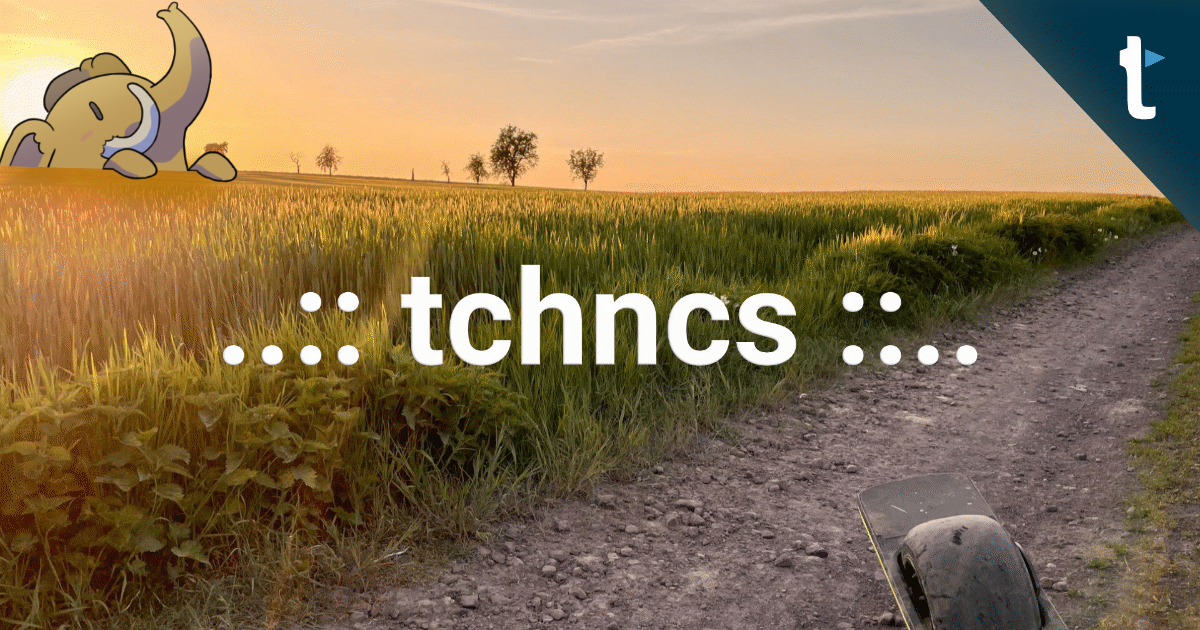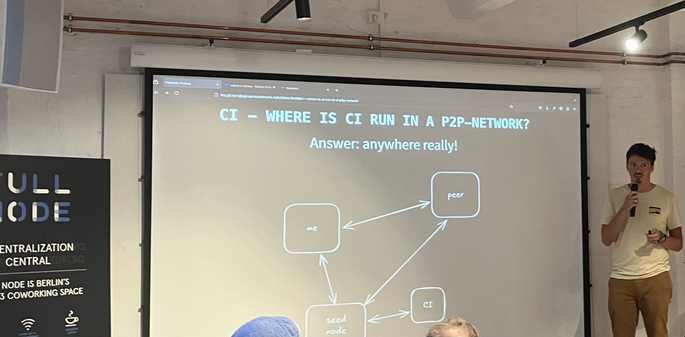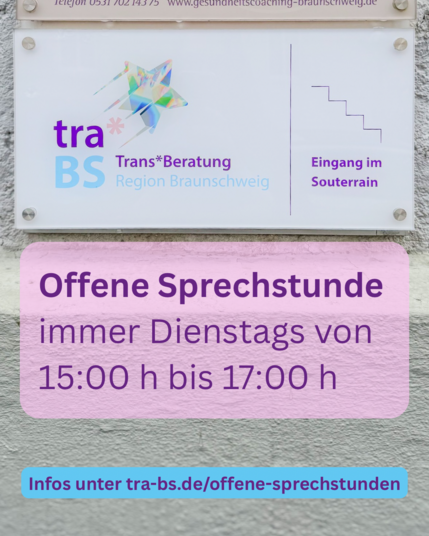**Проблема: Ограниченная доступность децентрализованных поисковых решений на основе YaCy в Gentoo**
**1. Децентрализация vs Централизованные поисковики**
Большинство пользователей привыкли к централизованным поисковым системам (Google, Bing, Yandex), которые контролируют индексацию, фильтрацию контента и ранжирование. YaCy предлагает децентрализованный подход, но его популярность остаётся низкой из-за ряда технических и пользовательских барьеров.
**2. Проблемы установки и совместимости в Gentoo**
Gentoo известен своей гибкостью, но установка YaCy на этой платформе может быть сложной из-за:
Отсутствия официального ebuild в основном репозитории.
Потенциальных зависимостей, конфликтующих с текущими сборками.
Отсутствия подробной документации для интеграции с системой.
**3. Ограниченная функциональность и удобство для конечного пользователя**
Хотя YaCy мощен с точки зрения приватности и автономности, он сталкивается с проблемами:
Высокие требования к ресурсам при индексировании.
Медленная скорость поиска при малом числе узлов.
Ограниченные механизмы фильтрации контента по сравнению с традиционными поисковиками.
**4. Интеграция в экосистему RuTracker.org**
На форумах вроде RuTracker.org востребованы альтернативные поисковые решения. Однако:
YaCy не всегда эффективно индексирует динамический контент форумов.
Необходима дополнительная настройка парсеров для корректного сбора данных.
Малое количество узлов, ориентированных на индексирование RuTracker, снижает качество поиска.
**Вывод**
YaCy в Gentoo и его потенциальная интеграция с RuTracker.org требуют более удобных инструментов развертывания, оптимизации индексации и повышения удобства работы для конечных пользователей.
**Дополнительная база знаний для изучения и исследования**
**1. Официальные ресурсы YaCy**
Официальный сайт YaCy – документация, исходный код и последние обновления.
GitHub YaCy – основной репозиторий проекта, баг-трекер, pull requests.
Форум поддержки YaCy – обсуждения, вопросы и ответы.
**2. Документация и исследования по децентрализованным поисковикам**
DHT (Distributed Hash Table) и его применение в P2P-системах
Сравнение децентрализованных поисковиков: SearX, YaCy, Whoogle
Peer-to-Peer Search Engines: Opportunities and Challenges (ACM Digital Library)
**3. Gentoo и его экосистема**
Официальная документация Gentoo – руководство по установке и настройке пакетов.
Bugzilla Gentoo – поиск и обсуждение ошибок, возможное добавление ebuild для YaCy.
GURU overlay – сообщество разработчиков, вносящих новые пакеты.
**Библиография**
Callan, J. (2000). *Distributed Information Retrieval*. Springer.
Balakrishnan, H., Kaashoek, M. F., Karger, D., Morris, R., & Stoica, I. (2003). *Looking up data in P2P systems*. Communications of the ACM, 46(2), 43-48.
Stoica, I., Morris, R., Karger, D., Kaashoek, M. F., & Balakrishnan, H. (2001). *Chord: A scalable peer-to-peer lookup service for internet applications*. ACM SIGCOMM Computer Communication Review, 31(4), 149-160.
Benzmüller, C., & Heyer, G. (2008). *Peer-to-peer information retrieval: An overview*. Springer.
Gentoo Linux Wiki (2024). *Installing and Configuring Packages in Gentoo*. Retrieved from https://wiki.gentoo.org.
YaCy Developers (2023). *YaCy Search Engine: Architecture and Performance Optimization*. Retrieved from https://github.com/yacy/yacy_search_server.
**Хэштеги**
#YaCy #DecentralizedSearch #Gentoo #RuTracker #P2P #DistributedSearch #DHT #FOSS #PrivacyTech #PeerToPeer #OpenSource
**Где найти соратников для обсуждения?**
 **Официальные сообщества YaCy**
**Официальные сообщества YaCy**
Форум YaCy Community
Группа в Matrix: #yacy:matrix.org
IRC-канал: #yacy на irc.libera.chat
 **Сообщества по Gentoo и Open Source**
**Сообщества по Gentoo и Open Source**
Форум Gentoo
Reddit: r/Gentoo
Telegram-группа Gentoo Russia
 **Дискуссионные площадки по децентрализованным технологиям**
**Дискуссионные площадки по децентрализованным технологиям**
LOR (Linux.org.ru) – обсуждение Linux и open-source решений.
RuTracker.org – форум альтернативных технологий
Hacker News – обсуждение перспектив P2P и децентрализованных систем.
Эти ресурсы помогут разработчикам, исследователям и энтузиастам YaCy глубже разобраться в технологии и найти единомышленников.
https://matrix.to/#/!NggrnptZjGBkegXXqK:matrix.org/$-2Ue3xSsaSzVX1voxfefOFN1PvQT6gAUAVJxM2Hfsyk?via=matrix.org&via=monerobay.com






